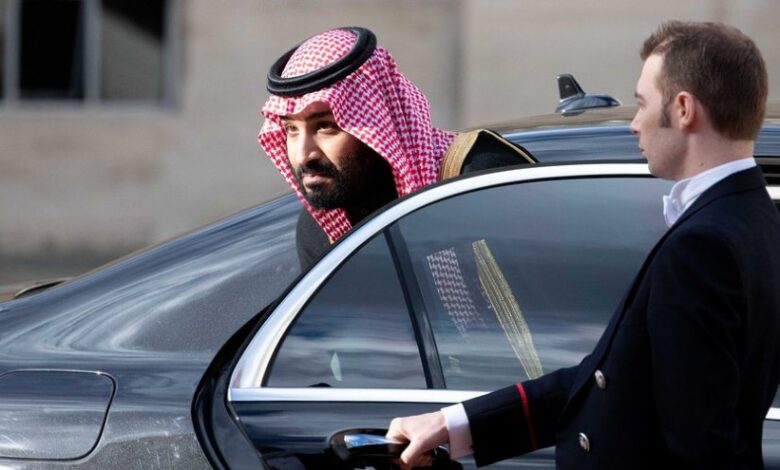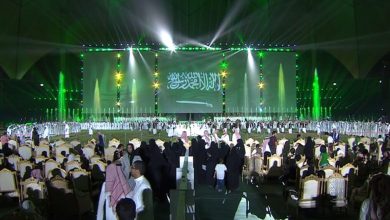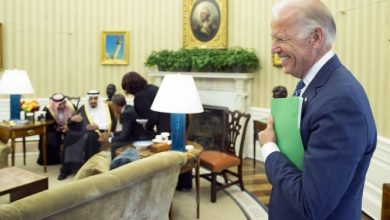Mohammed bin Salman suppresses the royal family in Saudi Arabia

The New York Times highlighted the intention of Crown Prince Mohammed bin Salman to suppress the royal family in Saudi Arabia to monopolize power and consolidate the rule with repression.
The newspaper commented on the Saudi authorities’ recent release of a Saudi princess, criticizing her country’s government, who had been imprisoned nearly three years ago after she publicly questioned the government’s policy.
The newspaper reported that Princess Basma bint Saud returned to her home last Thursday with her daughter, Suhoud Al-Sharif, imprisoned with her.
But it remains unclear whether the princess and her daughter will be allowed to travel abroad, which is an urgent issue because Princess Basma needs medical care unavailable in the kingdom due to a heart condition, a legal adviser said.
Princess Basma was among many prominent Saudi activists, dissidents and members of the royal family who were imprisoned or placed under house arrest during the rise of Crown Prince Mohammed bin Salman, who has consolidated his grip on the kingdom since his father, King Salman ascended the throne in 2015.
His rise to power was punctuated by disastrous military intervention in Yemen and a disregard for human rights, including the murder of Saudi journalist Jamal Khashoggi by Saudi agents inside the Saudi consulate in Istanbul in 2018.
The detentions of figures such as Princess Basma have fueled this criticism.
Among those arrested were women fighting for the right to drive, granted in 2018, and members of the royal family whom bin Salman viewed as obstacles on his way to the throne.
Some detainees have been released, but many remain banned from travelling abroad, apparently because the Saudi authorities are afraid to discuss their cases with foreign journalists or representatives of other governments.
According to their aides, several high-profile people, including the two sons of former King Abdullah, remain in detention, and information about the mistreatment of some detainees is still emerging.
It also stands out from the detainees of the princes of the ruling family, Muhammad bin Nayef, the former interior minister whom bin Salman removed from the position of crown prince in 2017 to obtain the title for himself.
After his removal, Muhammad bin Nayef was placed under house arrest until March 2020, when he was arrested and detained.
At the start of his detention, Muhammad bin Nayef was held in solitary confinement. According to two people briefed on his condition, he was deprived of sleep, who spoke on condition of anonymity due to the sensitivity of the case.
Last fall, he was moved to a villa inside the compound surrounding Al-Yamamah Palace in Riyadh’s capital, where he remains, diplomatic sources said.
A source said that Mohammed bin Nayef is being held without television or other electronic devices and receives only limited visits from his family. He appears to have sustained permanent damage to his ankles due to his treatment in detention and is unable to walk without a crutch.
The Saudi government did not file formal charges against Muhammad bin Nayef and did not explain his detention. Most Saudi experts assume that this is that Mohammed bin Salman fears bin Nayef will hinder him as the next Saudi king.
Princess Basma, 58, who was released with her daughter last week, did not hold a government position and had no authority.
Princess Basma, the youngest daughter of King Saud, the second king of Saudi Arabia, has spent most of her time in London and occasionally presents opinions about Saudi Arabia to the media, which is rare for the royal family, especially women.
In March 2019, the police arrested Princess Basma and her 30-year-old daughter from their home in the Saudi city of Jeddah.
A legal source said the two women were accused of unspecified “criminal crimes” and were held in Al-Ha’ir prison, near Riyadh, but they were not formally charged with any crimes.





